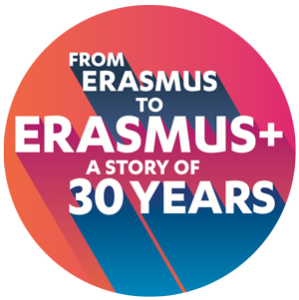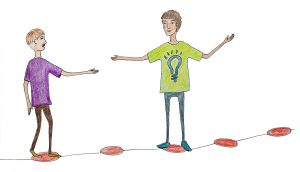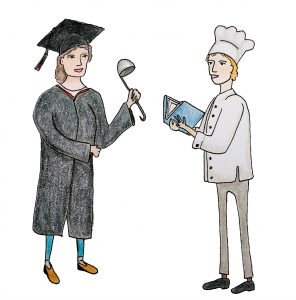Learning Tourism: Creating Innovative and Permanent Methods and Practices for Multidimensional Education Collaboration – LeTo
The Learning Tourism (LeTo) project aims at supporting working life oriented tourism education. We want to facilitate the students education path, make it more international and relevant from the working life point of view. Dowload project in a nutshell here:
LeTo_what it is about_final

Duration: 01.09.2014 – 31.08.2017
Funding programme: Erasmus+
“LeTo is about exchange of skills and knowledge”
Picture copyright: Lapland University of Applied Sciences
Objectives
The project aims at strengthening the partnerships between education and working life by involving actors from the tourism industry in research and teaching activities; improving both teaching staff’s and students’ proficiency in ICT technologies, in turn using these technologies for better and easier cooperation with the employment sector; and the acquisition of practical entrepreneurial experience through internship placements – both of HEI (higher education) as well as VET (vocational education and training) students.
Partners
The project’s partner consortium consists of 7 partners from Finland, Germany and the Netherlands.
- Finland: The Multidimensional Tourism Institute (MTI): the Lapland University of Applied Sciences (lead partner), University of Lapland and the Lapland Tourism College
- The Netherlands: NHTV Breda University of Applied Sciences
- Germany: University of Applied Science Kempten, Chamber of Commerce Schwaben and Allgäu Marketing, Germany
Activities
- Instigating a joint student research programme on working life case development to enhance students’ knowledge of international tourism, increase intercultural competence and boost their entrepreneurial viewpoint while at the same time broadening their academic expertise.
- Launching interactive, mutually beneficial co-operation among the participating organisations facilitated through mobility initiatives and joint eLearning.
- Investigate and benefit from the participating educational organizations’ and the working life partnership’s structure, stakeholder cooperation practices and the utilisation of their operational model.

“LeTo project establishes sustainable cooperation”
Picture copyright: Lapland University of Applied Sciences
Results
- Joint study programme resulting in three working life –based case studies
- Internet platform “Knowledge Network” providing support to students, staff and enterprises before, during and after the internship
- Internship Mentoring Scheme
- Structure for international internships for VET (vocational education and training) learners between Lapland and the Allgäu
- Analyses of the partner consortium’s organisational structures, stakeholder cooperation practices, utilisation of their operational model and how this benefits future curricula and international activities
- Article collection on the project’s results and best practices

